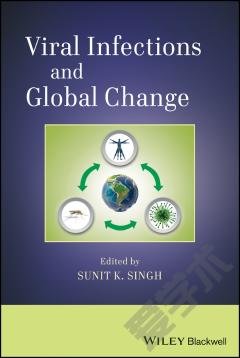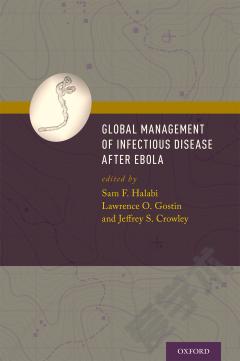Viral Infections and Global Change
A timely exploration of the impact of global change on the emergence, reemergence, and control of vector-borne and zoonotic viral infections From massively destructive "superstorms" to rapidly rising sea levels, the world media is abuzz with talk of the threats to civilization posed by global warming. But one hazard that is rarely discussed is the dramatic rise in the number and magnitude of tropical virus outbreaks among human populations. One need only consider recent developments, such as the spread of chikungunya across southern Europe and dengue in Singapore, Brazil, and the southern United States, to appreciate the seriousness of that threat. Representing a major addition to the world literature on the subject, Viral Infections and Global Change explores trends of paramount concern globally, regarding the emergence and reemergence of vector-borne and zoonotic viruses. It also provides up-to-date coverage of both the clinical aspects and basic science behind an array of specific emerging and reemerging infections, including everything from West Nile fever and Rift Valley fever to zoonotic hepatitis E and human bunyavirus. Important topics covered include: Epidemiology, molecular pathogenesis, and evolutionary mechanisms Host-pathogen interactions in an array of viral infections The impact of climate change on historical viral outbreaks The roles of socioeconomics, human behavior, and animal and human migrations The growing prevalence of drug and pesticide resistance The introduction of microbes and vectors through increased transboundary travel Spillover transmissions and the emergence of viral outbreaks Detecting and responding to threats from bioterrorism and emerging viral infections Predictive modeling for emerging viral infections Viral Infections and Global Change is an indispensable resource for research scientists, epidemiologists, and medical and veterinary students working in ecology, environmental management, climatology, neurovirology, virology, and infectious disease.
{{comment.content}}








 京公网安备 11010802027623号
京公网安备 11010802027623号